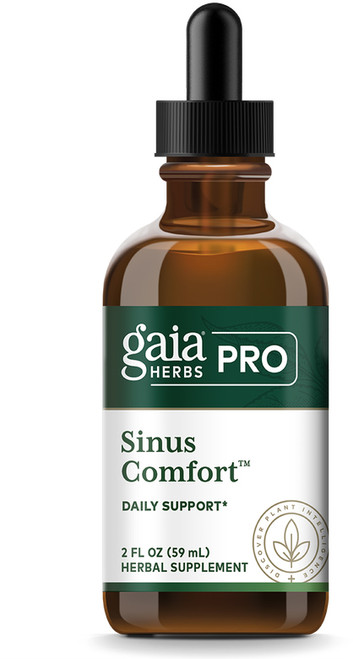
Product Description
Female Comfort, 2 oz
| Unit Size | 2 |
| Potency | 7:1 |
| Contraindications | Contraindicated in cases of Kidney Yang deficiency with such symptoms as cold body and limbs, puffiness, and loose stools. Use with caution during pregnancy. |
| Chinese Symptomology | Kidney and Liver Yin vacuity; deficiency Heat; Menstrual Disorders |
| Western Symptomology | Dryness of skin, eyes, throat, hair, and vagina; insomnia, hot flashes, night sweats, blurred vision, scanty urine, dizziness, abdominal or breast distension; weakness and soreness of the joints, lower back and knees; irritability, depression, abrupt mood swings, short-term memory loss, agitation, impatience, anxiety, dysphoria |
| Actions | Nourishes Liver and Kidney Yin, clears deficiency Heat, subdues Liver Yang, nourishes Blood, calms the Mind and Spirit |
| Pattern | Kidney and Liver Yin Deficiency, ascendant Liver Yang and deficient Heat |
| Tongue | Red, no coating, dry and cracked |
| Pulse | Empty, floating, slightly wiry on the left |
| Chinese name | Kun Bao Tang |
| English name | Female Comfort, 2 oz |
Description
Female Comfort is a wonderfully nourishing formula created for women to help relieve peri-menopausal and menopausal complaints due to Yin deficiency of the Kidney and Liver, ascendant Liver Yang and Empty Heat. This formula assists in replenishing vital essences that support that Root by cooling and contributing moisture, as well as building Liver Blood. Applications of Female Comfort include treatment of "Menstrual Disorders," a Traditional Chinese Medicine term used to describe not only the physical sensations of constitutional Yin and Blood deficiency, but also the psychological manifestations that often result concurrently in irregular menstruation. (Kan Herb Company)
Ingredients
Shu di huang (Raw rehmannia root); Nu zhen zi (Ligustrum fruit); He shou wu (Polygonum Multiforum root (soybean) ); Tu si zi (Chinese dodder seed); Suan zao ren (chao) (Sour jujube seed (dry fried) ); Mai men dong (Ophiopogon tuber); Fu pen zi (Palm leaf raspberry fruit); Gou qi zi (Lycium fruit); Di gu pi (Lycium bark); Shan zhu yu (Asiatic cornelian cherry); Bai shao (White peony root); Dang gui shen (Dong quai root); Zhen zhu mu (Mother-of-Pearl shell); Huang ju hua (Yellow chrysanthemum flower); Zhi mu (Anemarrhena rhizome); Chi shao (Chinese red peony root); Han lian cao (Eclipta herb); Huang qin (Chinese skullcap root); Shi jue ming (Abalone shell); Bai wei (Black-end swallowwort)











